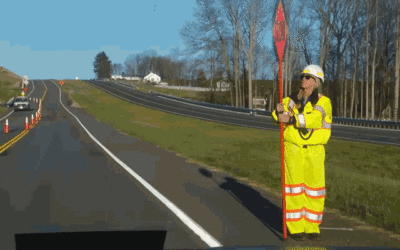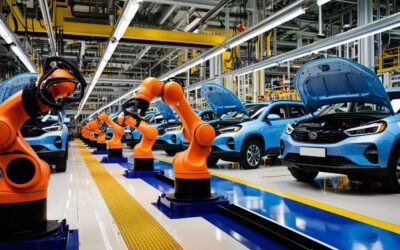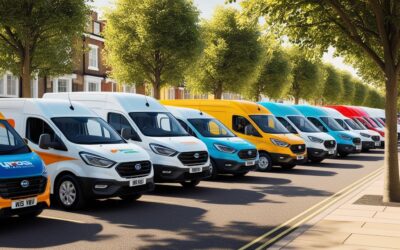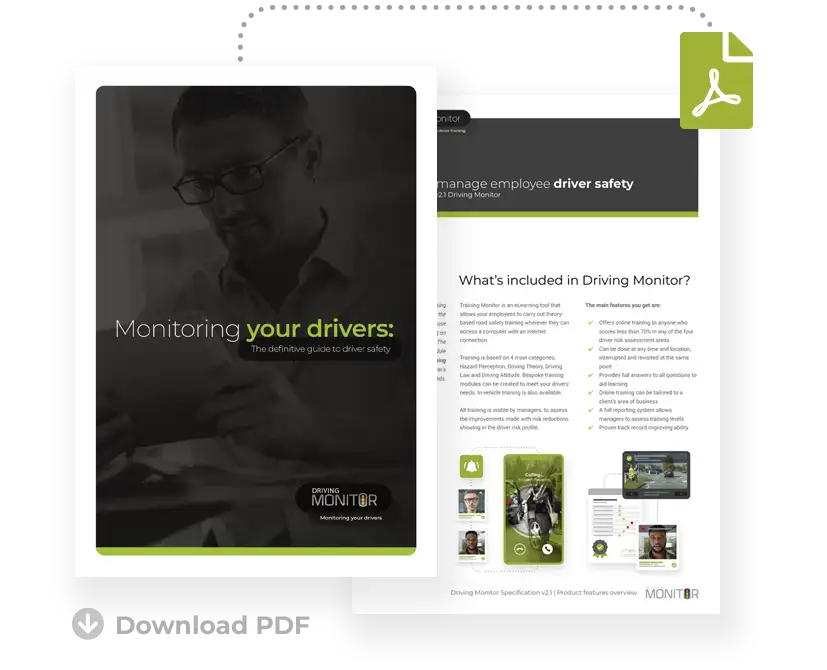A little £40 billion vehicle tax problem…

By now we’re all well aware of the new internal combustion engine ban coming in 2030, right?
Well, there’s one thing that you might not have considered…
What about the tax?
You see, fuel duty and vehicle excise duty currently generates £40 billion in tax for the government each year.
But with fewer polluting vehicles on the road, and electric vehicles not generating ANY emissions, vehicle-related tax revenue is inevitably going to drop.
CLICK HERE to read more about the £40 billion vehicle tax issue
The government has been under pressure to meet emissions targets by 2050, with the recent COP 26 Climate Summit putting climate change in sharp focus.
This is why there will be no new petrol, diesel, and hybrid cars on the road from 2030…
In essence, it means there will be fewer people paying fuel duty and vehicle excise duty.
Around half of the price of fuel is tax and given that the average cost of petrol at the pump is now £1.40 per litre, it means that 70p per litre is being taxed.
The solution that’s been suggested is a ‘pay as you drive’ tax, which, as the name suggests, would tax you based on how much you drive.
Now, there’s been no decision taken on the future of vehicle-related taxes, but given that the future looks like it’s electric, there’s every chance they’ll be taxed too.
What we know for sure is that the government will have to figure out a way of recouping the potential £40 billion vehicle tax black hole in the next few years…










